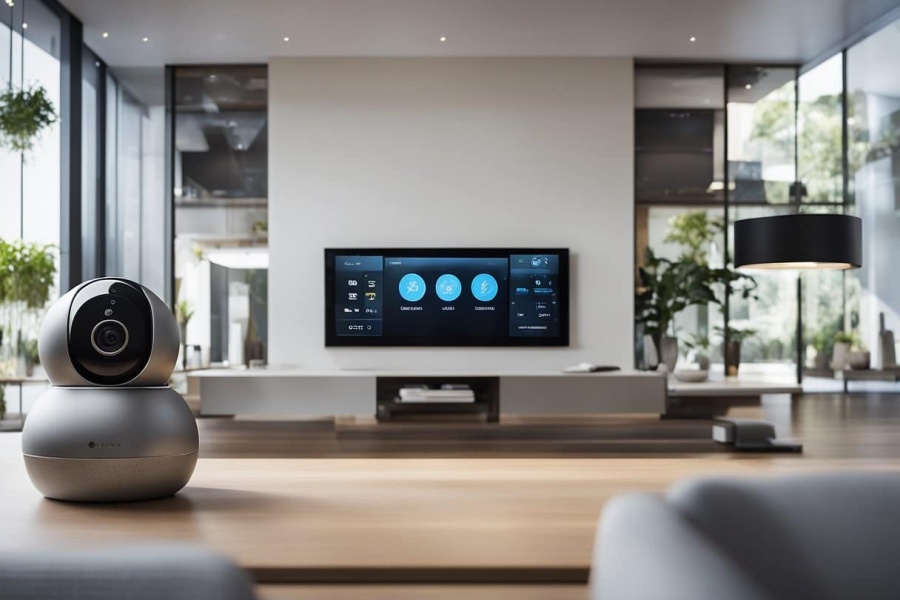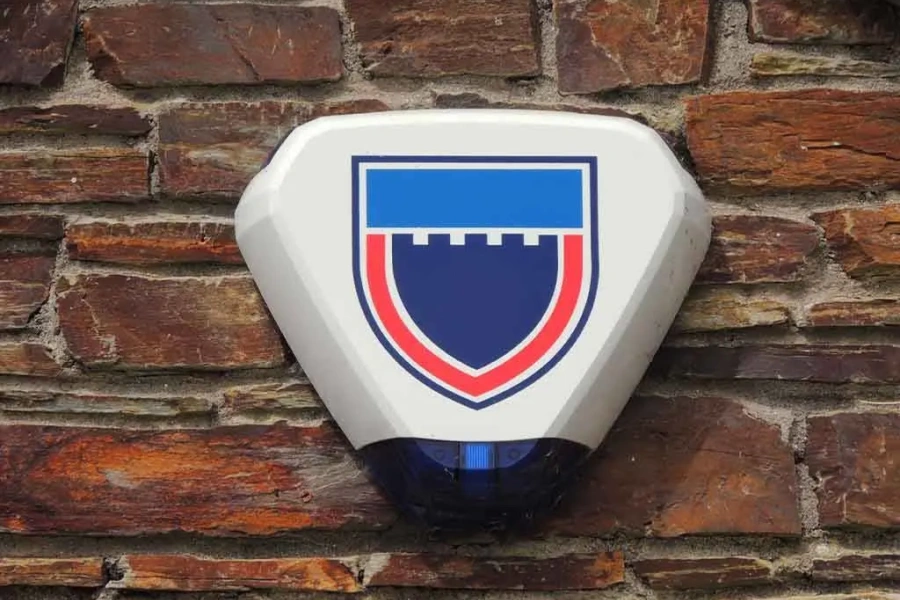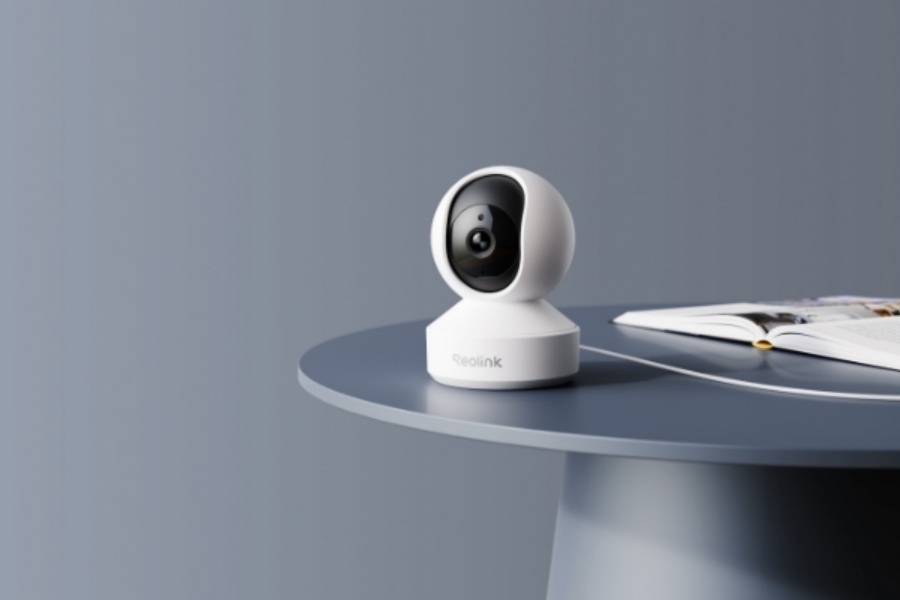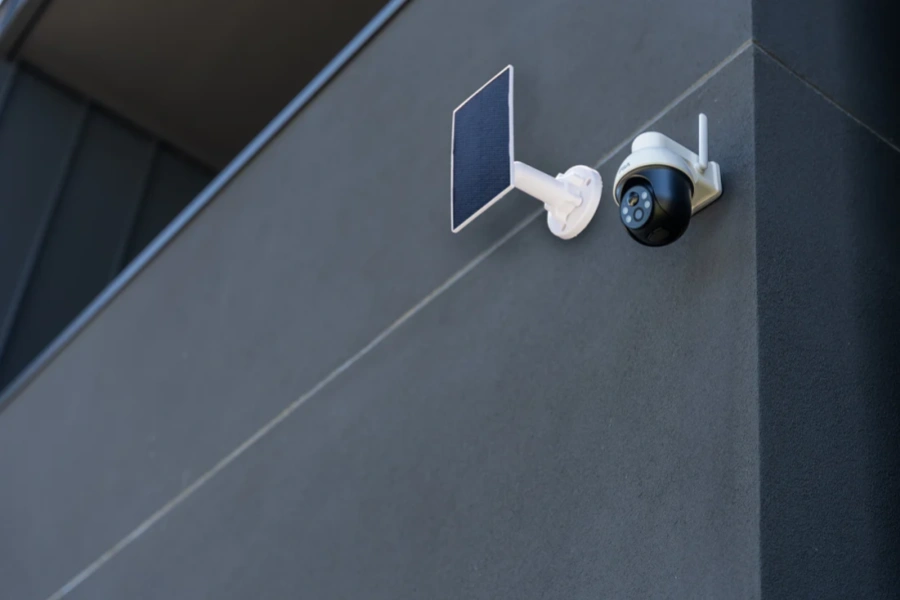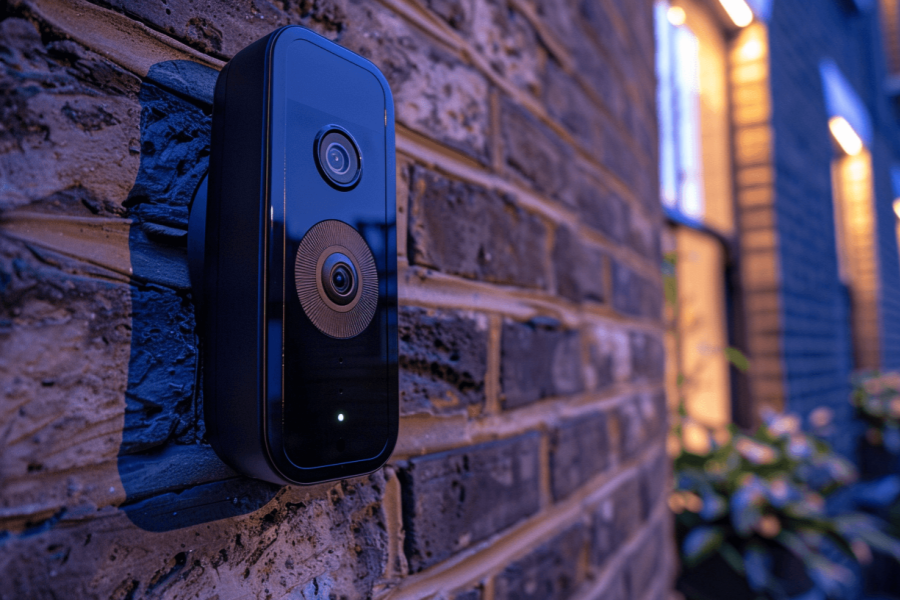Integration with other smart home devices enhances the functionality of security systems. Many smart security setups can connect with smart locks, lighting systems, and even thermostats. This interconnectedness allows for automated routines that can simulate occupancy, such as turning lights on and off at predetermined times. Such features not only deter potential intruders but also improve energy efficiency by ensuring that lights are only used when necessary.
User experience plays a crucial role in the effectiveness of smart home security systems. The best systems offer intuitive interfaces that make navigation simple for users of all ages. Voice control capabilities, often integrated with virtual assistants, add another layer of convenience.
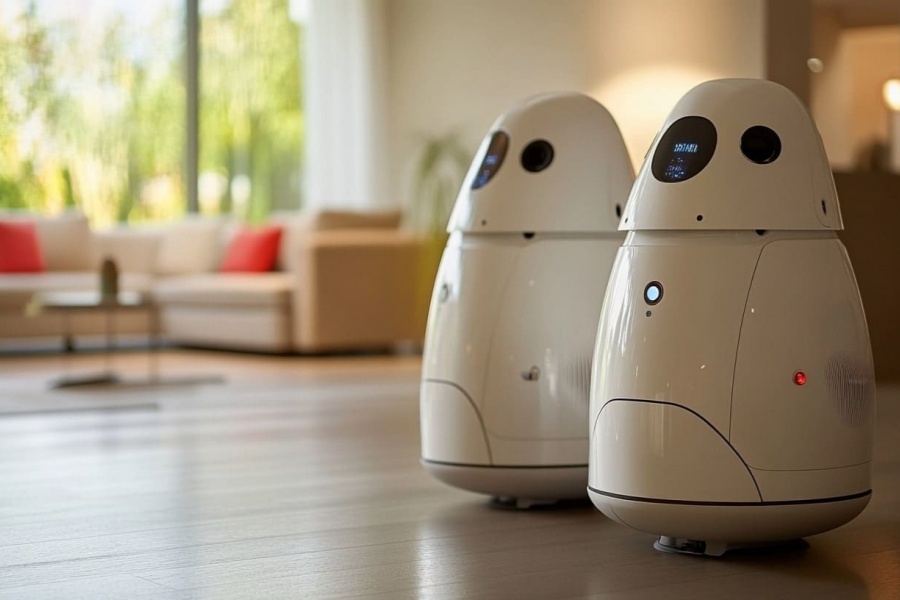
Homeowners can issue commands to their security systems without needing to interact with a smartphone or tablet, making it easier to manage security settings while multitasking.
When evaluating smart home security options, it is essential to consider the variety of features available. Many systems offer customizable alerts, allowing users to set preferences for what types of notifications they want to receive. For instance, some homeowners may prefer to be notified only about motion detected in specific areas, reducing unnecessary alerts and ensuring that important notifications are not missed.
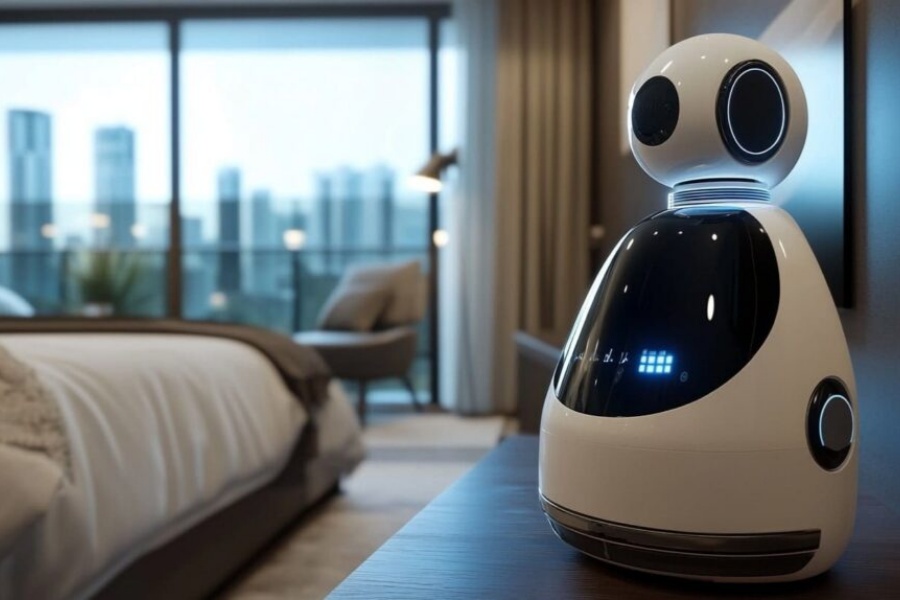
Customer feedback is invaluable when assessing smart home security systems. Reviews from other users provide insights into the reliability and performance of different products. Homeowners often share their experiences regarding installation, ease of use, and customer support. Positive reviews can indicate a trustworthy product, while negative feedback can highlight potential issues that may not be immediately apparent.
Cost is another important factor when considering smart home security systems. While some systems may have a higher upfront cost, the long-term benefits often outweigh the initial investment. Many smart security systems come with subscription-based monitoring services, which can provide additional layers of protection. Homeowners should weigh the costs against the features offered to determine the best value for their needs.
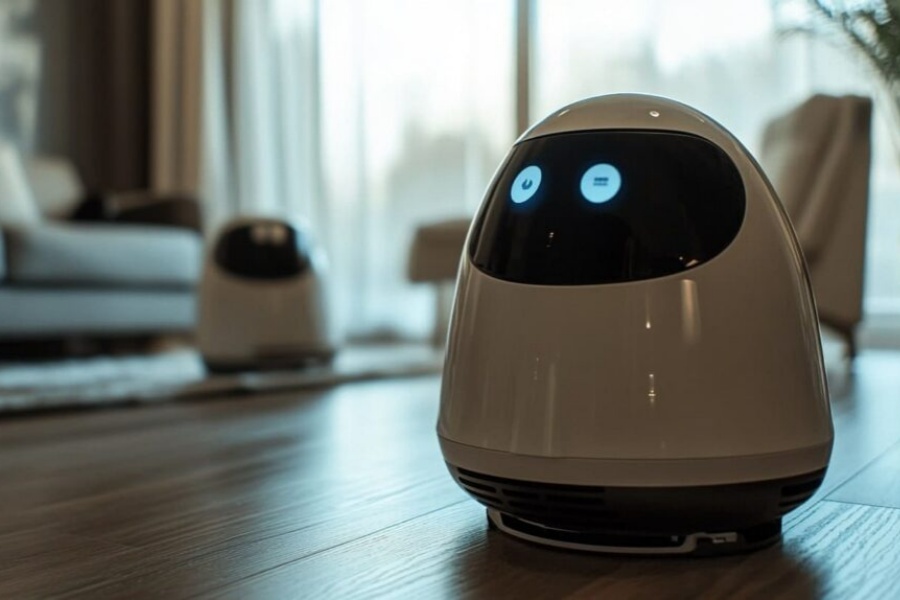
Wireless technology is a significant advantage of smart home security systems. Without the need for extensive wiring, installation becomes a straightforward process. This feature is particularly appealing to renters or those who frequently move, as these systems can be easily relocated. Wireless systems also allow for greater flexibility in terms of placement, enabling homeowners to position cameras and sensors in optimal locations.
The growing trend of smart home security systems reflects a broader shift toward automation in everyday life. As technology continues to advance, these systems are likely to become more sophisticated, offering even greater levels of security and convenience. Homeowners looking to enhance their safety should consider the numerous benefits that smart home security systems provide, ensuring a safer and more connected living environment.

